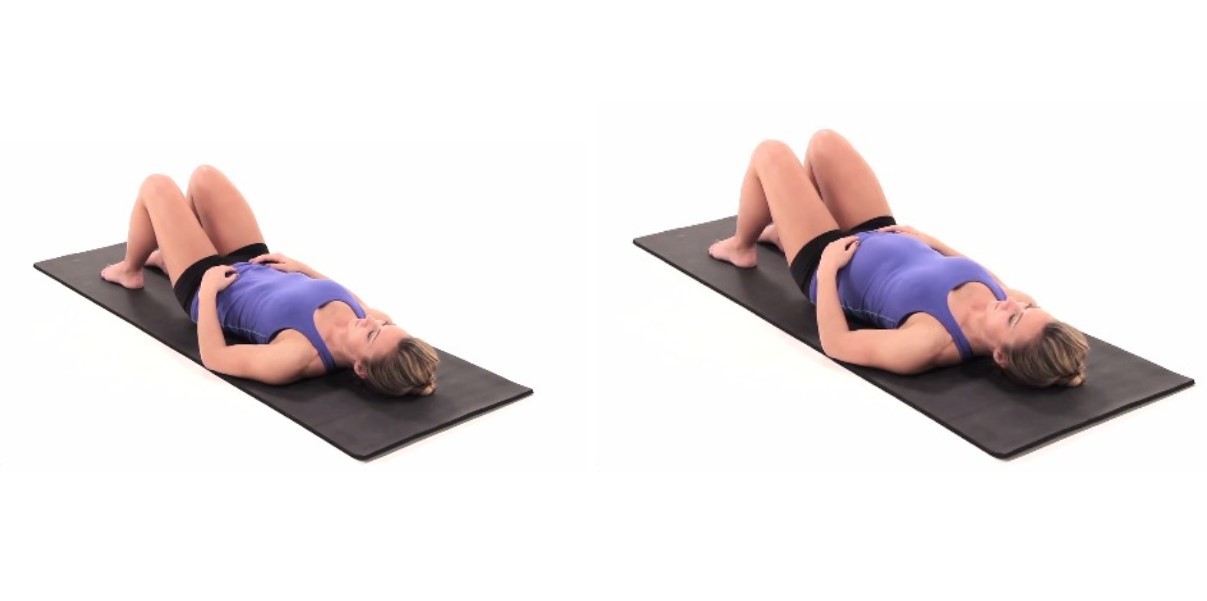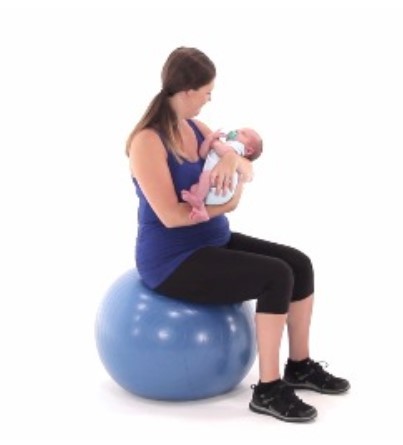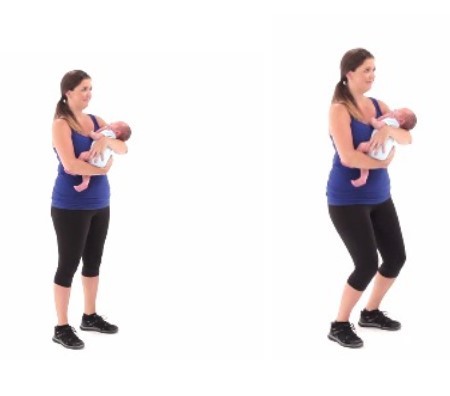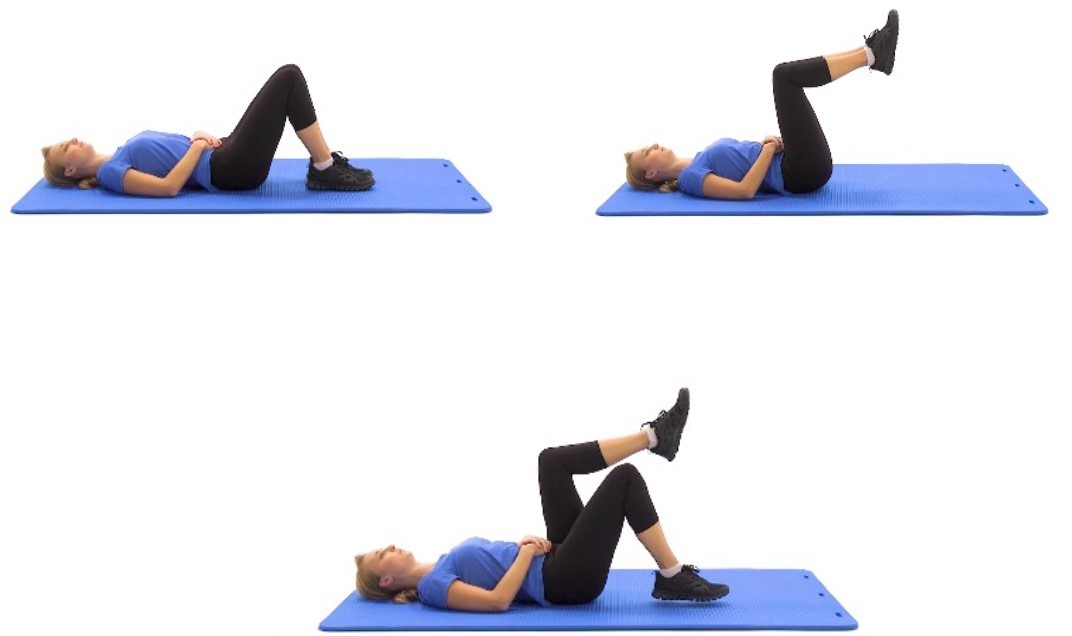Congratulations, you have just completed nine months of pregnancy and have been released at your postpartum visit to return to “normal” activity. You are now wanting to get your body back to some sort of normalcy, but you’re wondering how…
First and foremost, give yourself some grace as your schedule is simply no longer your own. You’ll need to think differently in the way you work exercises back into your schedule. Start with finding your breath - breathing deeply with your diaphragm into your abdominal muscles is the first stage in recovering your core muscles and activating your pelvic floor.
You will gradually be increasing your stamina for physical activity as you are able. In doing so, some areas of concern with postpartum exercise may include:
- Diastasis Recti: This is the medical terminology for the separation of the rectus abdominis muscle wall. A gap greater than 2 finger widths at your belly button needs to be resolved prior to performing sit-up type activities.
- Pelvic floor heaviness: Feelings of heaviness that do not resolve within the first 6 weeks postpartum and persist during gentle exercise may mean you need to see your pelvic health physical therapist.
- Urinary Leakage: After child birth, this can be caused by either weakness in the pelvic floor muscles or can be an issue with pelvic floor muscle trigger points. If this lasts more than 6 weeks post delivery, a pelvic floor physical therapist visit is recommended.
Here’s some ideas to get started:
- Take a walk with your baby. Keep your stroller close to you, breath deeply and engage your pelvic floor and core muscles.
- Lie on the floor with your baby and perform bridges and tabletop crunches.
- Sit on a physioball and bounce with your baby. Progress to gentle half crunches in sitting.
- Be mindful of your pelvic position with standing and exercise. Maintain a neutral pelvic position.
- Gentle yoga, balance, and stretching exercises.
See the exercise examples below for some ideas on returning to activity. Be sure to follow any recommendations and guidance from your physician or physical therapist before starting an exercise program.
Postpartum Exercises:
1.) Diaphragmatic Breathing
- Begin lying on your back with your knees bent and feet resting on the floor.
- Exhale, drawing in your abdominals as if you are pulling your belly button toward the floor. Then inhale, focusing on expanding your belly instead of your chest.
- Make sure to keep your low back flat on the ground during the exercise.










